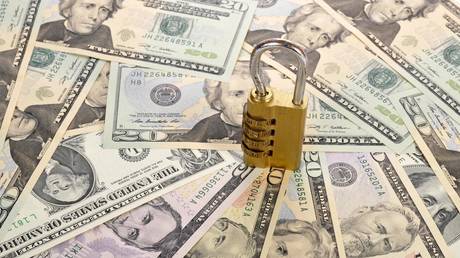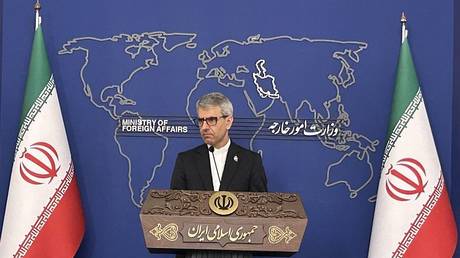
While many people still measure success in terms of money, a new study says that fixating on finances over family and friends can be devastating in times of crisis such as the coronavirus pandemic.
It’s an understatement to say that, in addition being lonely and frightened, people these days are angry. The Covid-19 outbreak has hit people hard financially and really shed light on income inequality, especially in the US. So we sit in tiny apartments and watch celebrities singing John Lennon songs and trying to convince us that “we’re all in it together” while basking in the warmth of their mounted electronic fireplaces. We read about millionaires solo distancing in their private yachts. And then we get fired. We feel disempowered, and wonder whether we should have devoted more time and effort to our careers.
But “focusing on money is associated with spending less time maintaining relationships and less desire to rely on others for help,” says a new study published in the Personality and Social Psychology Bulletin, titled ‘Can’t Buy Me Love (or Friendship): Social Consequences of Financially Contingent Self-Worth’.
“Depression and anxiety are tied to isolation, and we’re certainly seeing this now with the difficulties we have connecting with friends during the Covid-19 pandemic,” Deborah Ward, a member of the psychology department at the University of Buffalo and lead author of the study, said this week. “These social connections are important. We need them as humans in order to feel secure, to feel mentally healthy and happy.”
The researchers studied the daily diaries of more than 2,400 participants for two weeks, and found that those who fixated on finances paid dearly in happiness levels.
Now, the idea that money can’t buy happiness isn’t new, and the research on this is abundant. The Yale Happiness Course has an entire lecture dedicated to studies proving that being money-oriented will lower your life satisfaction levels. What makes this new study interesting is delving into why – outside of a loss of social connections – that might be the case.
Ward posited the theory that it’s because “when people base their self-worth on financial success, they experience feelings of pressure and a lack of autonomy.”
What this means is that your former boss does not – contrary to how it may seem – have more real power than you, because they have no freedom or sense of self. According to psychologists, feeling empowered means being happy with who you are and doing what you want to do.
There are a lot of people who watch movies like ‘Wall Street’ or ‘The Godfather’ and miss the message. They see all of the posturing and think: “I want to be like that.” They forget about the scene in which Bud Fox cries while being led out of his office in handcuffs. They forget that the Godfather – a good man – died while playing with his grandchild, while Michael Corleone slumped over in a chair, alone, in one of the saddest demises of all time. They forget that people who run Ponzi schemes always inevitably end up like Ponzi – in poverty and on their own.
Think your friends would be interested? Share this story!




